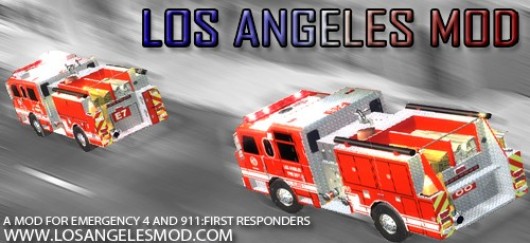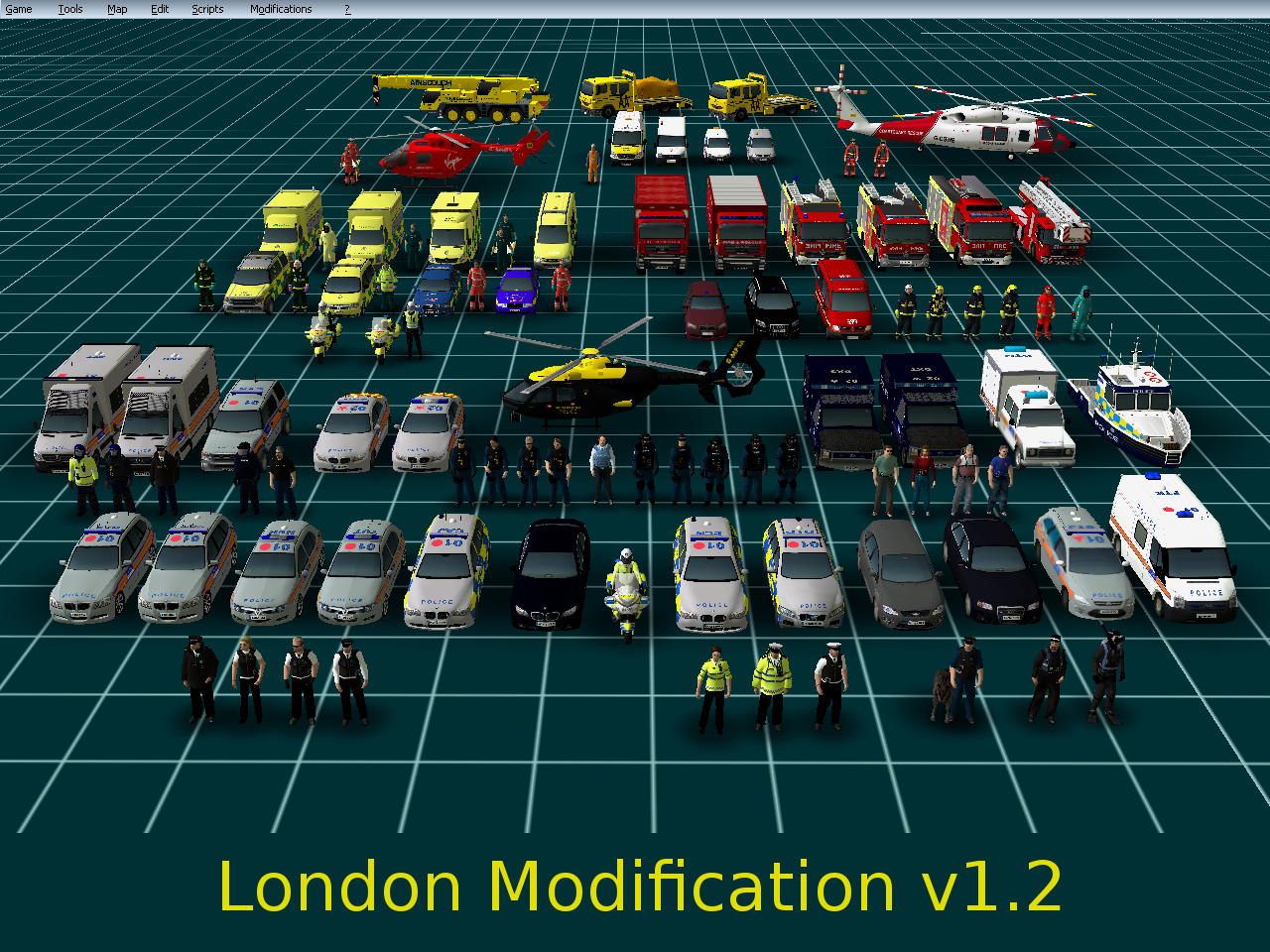



Unless people happen to be facing an emergency themselves, this service often gets taken for granted, and little thought is generally paid to the accumulating toll on first responders’ mental health. This latest experience of being exposed to the virus that causes COVID-19 adds another layer of stress and anxiety that could negate his previous progress, Dakin says.Īs the name implies, first responders such as EMTs, police officers, firefighters, paramedics, dispatchers and others are trained professionals who are the first to respond in emergency situations. Before this incident, he had struggled with anxiety, depression, suicidality and posttraumatic stress disorder (PTSD), but with Dakin’s help, had successfully worked through many of these issues. He immediately starts worrying not just about himself but about his wife and young child, who have respiratory issues.Īmy Davenport Dakin, a licensed clinical professional counselor in Maine and a licensed clinical mental health counselor in New Hampshire, has been working with this firefighter/EMT for several years now. The next day, he discovers that the person he helped has tested positive for COVID-19. He grabs his gear and performs a job he knows well. A firefighter/emergency medical technician (EMT) in Maine answers an emergency call.


 0 kommentar(er)
0 kommentar(er)
